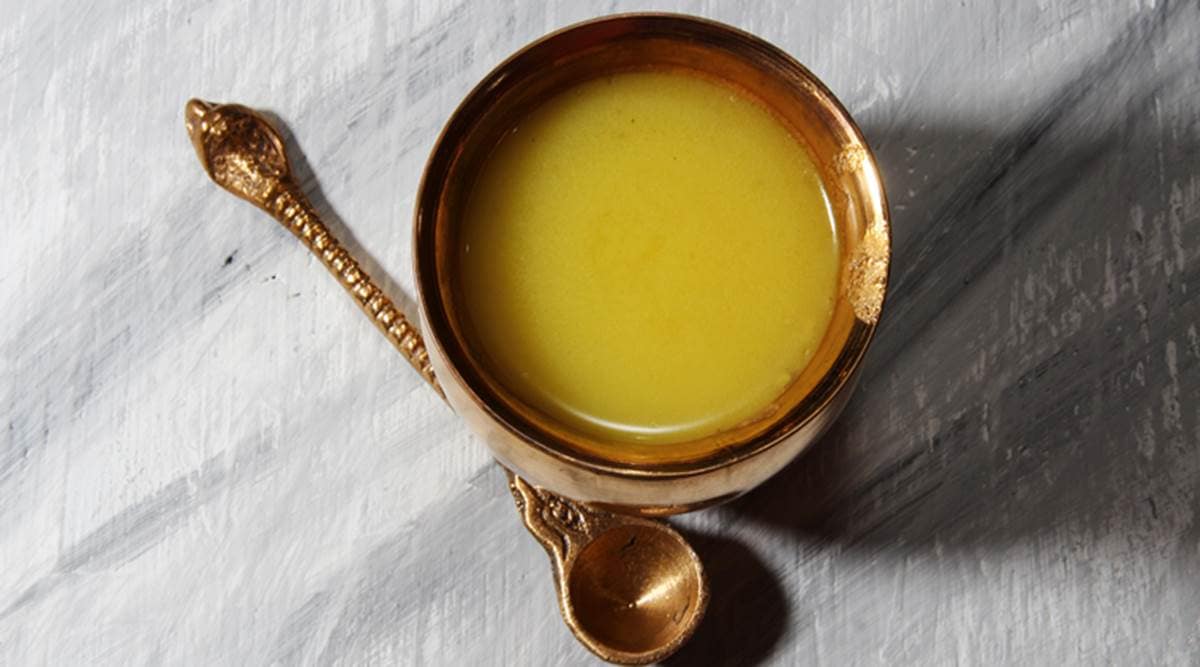
While they have a bad reputation in our current heart-healthy diet-obsessed culture, fats are essential, said nutritionist Pooja Makhija.

Do you stay away from consuming fat fearing weight gain? But should you do it? Are fats really unhealthy? Do they affect the heart? If such questions have been on your mind, you are at the right place.
Nutritionist Pooja Makhija recently shared an Instagram video in which she busted the various myths and misconceptions related to fats.
“Watch and learn all fatty juicy details about all things fat,” she captioned the video.
Take a look.
A post shared by PM (@poojamakhija)
“Eating fat does not make you fat. But eating the wrong kind of fat or eating too much fat can make you fat. Fats are essential. While they have a bad reputation in our current heart-healthy diet-obsessed culture, they are essential. They must be consumed in the right quantity and quality,” she said.
There are good fats and bad fats. Processed, refined, and boxed foods usually contain bad fats. “These include trans fats and inflammatory vegetable oil. Unfortunately, these fats have increased in our diet. These lead to fat and inflammation. Inflammation is the reason behind chronic diseases,” she mentioned.
What are good fats?
Natural foods coming from nature contain good fats, which include poly and monounsaturated fats. “The right fats increase metabolism, stimulate fat burning, cut hunger, optimise the cholesterol profiles, and even reverse type 2 diabetes and promote heart health,” she said.
By lowering your bad cholesterol LDL and increasing your good cholesterol HDL, fats can also lower your triglycerides and blood pressure, she mentioned.
Why are fats needed?
Your body can’t manufacture fatty acids, and good fats are a source of such fatty acids. Your brain is largely made up of fats and requires a steady flow of fats to function properly. The biggest portion of this fat comes from the Omega 3 fats, also called DHA which is required for easy movement between cells.
Easy access to good quality fats boosts cognition, happiness, learning, and memory.
“In contrast, studies link a deficiency of omega 3 fatty acids to depression, anxiety, bipolar disorders, and even schizophrenia. Eating enough fats is also necessary for balanced hormones. A deficiency can increase the risk of infertility,” she said.
Notably, vitamin A, D, K, and E are fat-soluble which means fats are needed in the body for their absorption. The intestines need dietary fats to absorb these nutrients.
How much fat to have?
Around 20 per cent of your daily calorie-intake must come from fats. “Fats are needed for skin, hair, brain, heart function, regulating body temperature among others.
For more lifestyle news, follow us: Twitter: lifestyle_ie | Facebook: IE Lifestyle | Instagram: ie_lifestyle
Source: Read Full Article